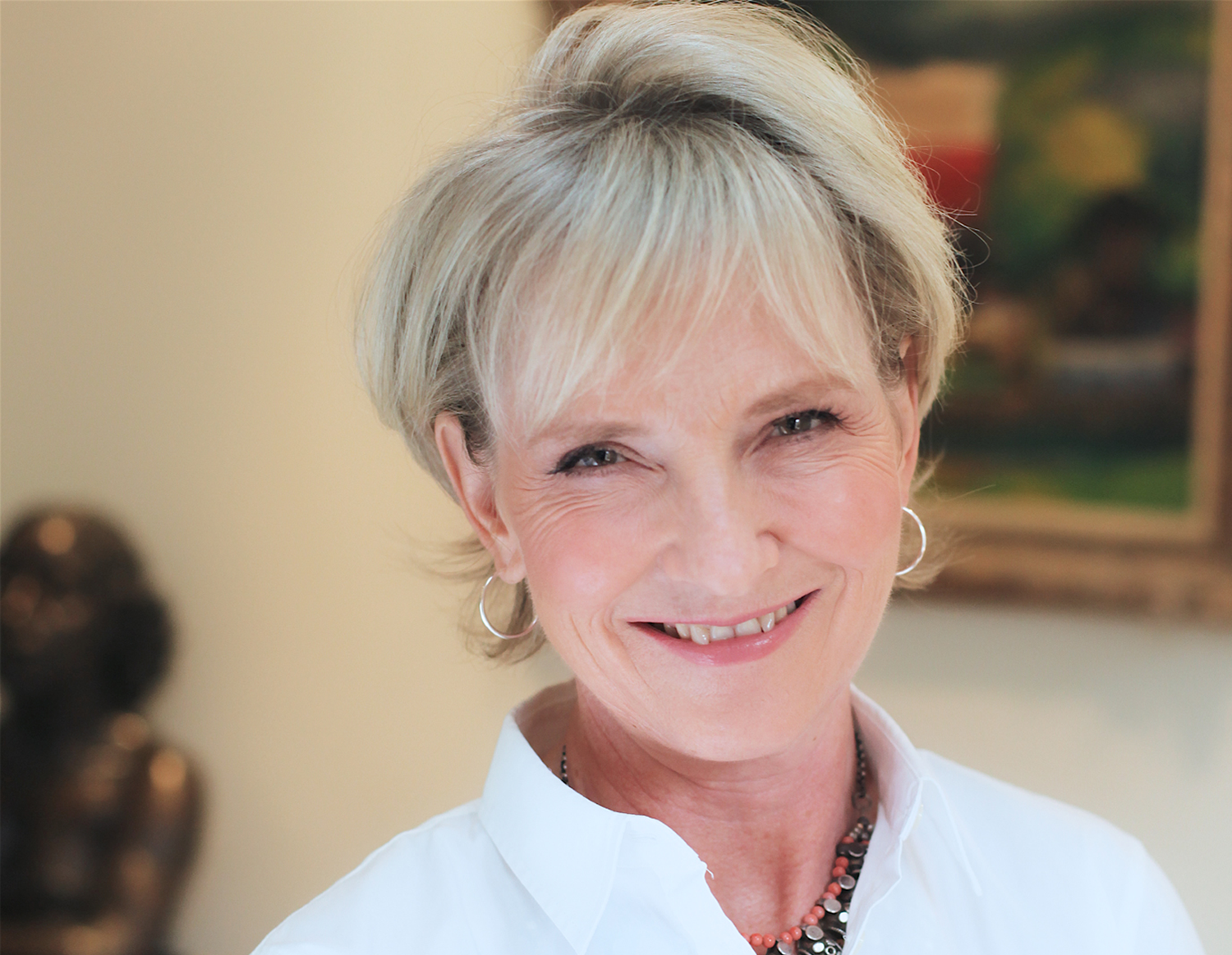Four minute read
We interviewed Julia Samuel in 2020, but her insights can help us understand grief and bereavement in many different contexts, not just during the Covid-19 lockdown period.
Find grief and bereavement resources and support.
During the Covid-19 lockdown, many of us are grieving different kinds of losses, from a sense of security to spending time with friends.
Psychotherapist, author and Founder Patron of Child Bereavement UK, Julia Samuel is an expert on grief and difficult changes. She tells us about the emotional fallout of Covid-19, coping with a lack of control, and why hope is so much more than just positive thinking.
Do you think that being in lockdown right now and watching the effects of Covid-19 can produce a feeling like grief?
Yes, it’s a living loss. You expected tomorrow to be a particular way and then everything is halted. It’s hard to know what to trust, and people hate not having control. It’s going to force them to address how they remain resilient given they don’t have control — not that they ever really did.
I think it will intensify your natural way of being. If you are someone who is likely to be anxious, you’re going to be more anxious. If you’re someone who is likely to get angry, you’re going to be more angry.
‘Hope is the alchemy that turns a life around’
I’ve had clients who’ve felt relief that everyone is a bit low, because they’re not seeing the world having fun while they’re really miserable. And some people have enjoyed the opportunity to have a bit of peace. They want to learn from it and use it as a wake-up call to begin living differently.
You could also have a combination of all of these things in one person. We’re not simple beings.
How would you suggest that people respond to emotional issues like these?
Well, the first thing is to know yourself and recognise if you’re lashing out. It’s not a bad idea to have a family Cobra meeting to talk about how everybody’s feeling, what they’re likely to do when they’re upset, and what they can do to support each other and themselves.
There’s so much of you that’s hidden, and you can give yourself a place where feelings are voiced and understood.
A new gentle structure really helps. You can do work in the morning, whether you have a job or not, and do other things in the afternoons — just something basic.
I think the Serenity Prayer also helps. You know, to recognise the things you cannot change, change the things you can, and the wisdom to know the difference.
People often turn their distress and upset either on other people or often on themselves. So be aware of that and try to be self-compassionate.
Do you think that there’s such a thing as communal grief?
This is a shake up to the whole of society and I don’t think anyone feels the same as they did before it hit us. So, there is a universal connection of shock and worry and distress. We’re trying to make sense of something which we probably never will.
Right now, some people look at you like you’re a pathogen walking down the street, so there’s a massive disconnection. But there’s the other side of it too, where you feel like you’re all in this together. Maybe you give each other kind smiles from the social distance of your trolley at Sainsbury’s. There’s the breadth of connection and disconnection and it will probably be difficult to work out.
Do you think that there may be an increased number of people with PTSD in the aftermath of this, especially among groups like health care workers?
Definitely, no question, because they’ll be working with increased death. They’ve probably never worked in PPE suits before and aren’t doing any of the things they’d normally do that help support them. So there will be a lot of either secondary trauma or PTSD.
I think there are things we can do now to help. There are quite a lot of programmes within the NHS to psychologically support the medical staff — that started a few weeks ago. I don’t think it’s universal, it’s a bit of postcode-ish, but there’s a real recognition of the need to support them because their own lives are more at risk too.
You’ve written so much about how people respond to challenges and change. What have you learned that would be helpful for people to understand now?
One of the things I’ve learned is that those that resist change have less joy and success in life. We are wired evolutionarily to adapt, so we have the capacity.
It’s about finding ways of supporting ourselves through the process of change that allows us to expand and shift our perception of what we’re capable of.
When we do that, we can discover surprising aspects of ourselves that we didn’t know we had. For instance, our resilience, that we were stronger than we thought. It might change our perception of what matters in the world. Maybe we discover small things that really are very important.
It never takes away the dark side of the things that happen, or the difficulty, but it also can be something that people learn and grow from.
What’s a helpful way to begin thinking about especially unwanted and uncomfortable change?
Don’t fight it. Don’t imagine that if you think about change in a particular way that you can fight it and win. And remember that hope isn’t just an emotion, it’s an attitude and a way of thinking. It helps support you to make better decisions as you go forward — and it’s crucial. Hope is the alchemy that turns a life around.
Find grief and bereavement resources and support.
To stay in touch with all the latest news and updates from Poppy's by email, sign up here or contact us if you need help planning a funeral.
